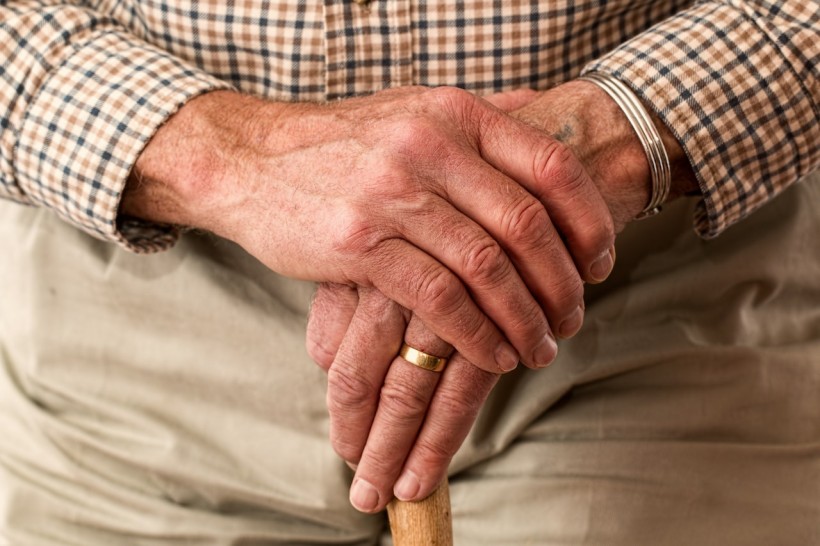While aging is a phenomenon that all humans and other species are subject to, scientists have been trying to find ways to make mice live longer.
Attempts to Lengthen Mice Life
National Geographic notes how Rapamycin, usually prescribed to stop the body from rejecting an organ post-transplant, boosts a middle-aged mouse's life expectancy by as high as 60%. Certain drugs known as senolytics also help old mice live vibrantly long, even after their fellows have passed away. Diabetes treatments acarbose and metformin, grave restriction of calories, and around 90 different types of interventions enable mice to move around their cages even after their supposed expiration date.
While all of these have been noted, National Geographic reports how the latest attempt to combat aging is to reprogram older cells and turn them into a younger state.
Molecular biologist Cynthia Kenyon notes how mice are "lucky creatures" because their life span can be lengthened in many ways. Kenyon also notes how mice that live long appear to be quite happy.
While this is the case among mice, how would this translate to a human context? How far-stretched can science lengthen human life?

ALSO READ: New Vaccine May Reduce Zombie Cells That Cause Aging-Related Diseases, Prolong Life
Aging, Human Life, and Life Expectancy
The Scientific American reported last 2021 that humans can live up to 150 years old. However, National Geographic notes how there has been a rise in degenerative and chronic diseases over the years. For one, aging is still the heaviest risk factor for cardiovascular conditions, cancer, Alzheimer's disease, arthritis, type 2 diabetes, and other severe conditions.
While these conditions have been seen to come with aging, the idea of eternal youth has been a fixation of humans for centuries. This pursuit was significantly ramped up 30 years ago when Cynthia Kanyon could adjust a gene of tiny roundworms that enabled the doubling of their life. It was also observed how the mutated worms behaved younger as well.
Such findings reflected the malleability of aging and that cellular paths, genes, and biochemical signals manage the process.
However, though this has been seen to be possible in worms and mice, it does not mean that the same can be said for humans. While specialists are conducting trials of different anti-aging compounds, no experimental drugs to date have led to remarkable effects similar to the mice.
Other anti-aging pursuits dig into the senescence of cells, look into how to switch aging off, find ways to boost life expectancy, see the aging-related impacts of medicine, and so on. However, they are all but springboards and puzzle pieces in the pursuit. While numerous anti-aging pursuits have been tried, the cure and reversal of aging remain a conquest.
RELATED ARTICLE: Cellular 'Rejuvenation' Technique: Reversing Aging Process in Mice Successful, Will It Work with Humans, Too?
Check out more news and information on Medicine and Health in Science Times.














